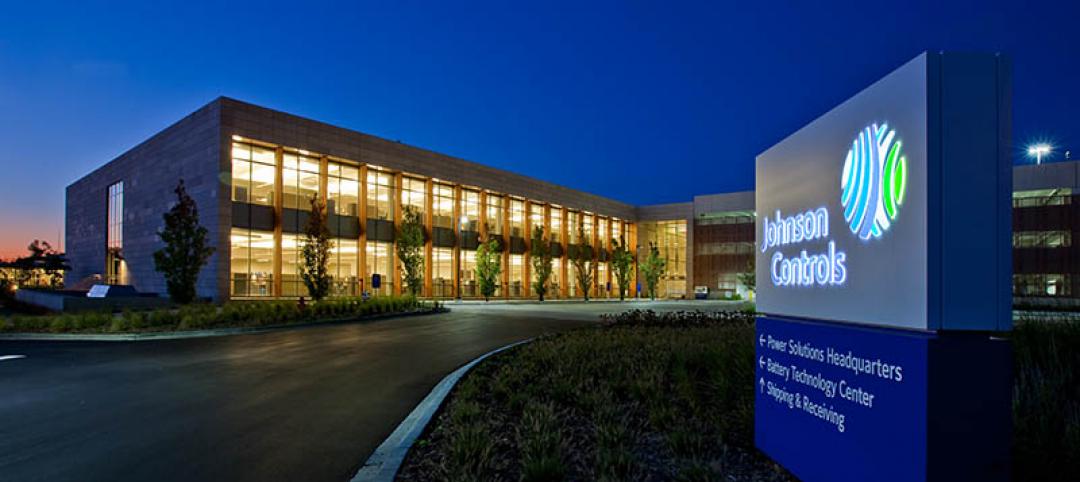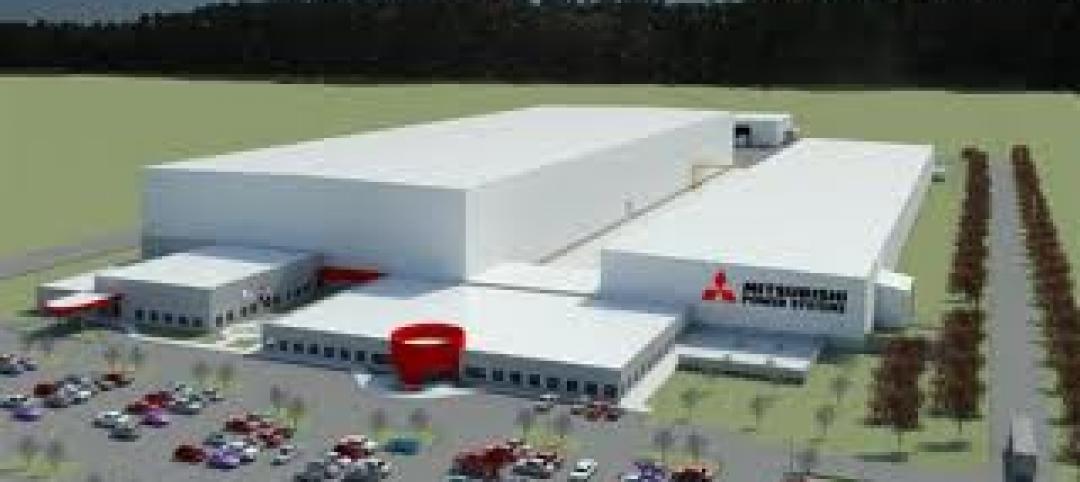WASHINGTON, DC - Last week, Senators Jeff Merkley Mark Pryor, Debbie Stabenow, Sherrod Brown, Bernie Sanders, and Ben Cardin introduced the "Building STAR Energy Efficiency Rebate Act of 2010" to create jobs by promoting the installation of energy-efficient renovations in commercial and multi-family residential buildings.
By utilizing rebates and low-interest loans, the "Building Star" program leverages between two and three dollars in private investment for every federal dollar spent. Rebates included in the bill would amount to $6 billion, in order to stimulate $18 to $24 billion in total investment, resulting in more than 150,000 new jobs. These jobs will pay well, allow companies to rehire laid off workers and infuse sorely needed capital into small businesses and hard-hit communities across the country. The savings accrued by building owners and the profits earned by laborers and manufacturers will power even more economic growth.
"Clean energy is not only the next great growth industry, but it's an engine for job creation today," Senator Merkley said. "Energy-efficiency programs like ‘Building Star' will put Americans to work in construction and manufacturing and save small businesses money as we strive for American energy independence."
"Building STAR" is supported by PIMA and other member organizations of Rebuilding America, a ground-breaking coalition of unions, contractor associations, manufacturers, financial services companies and energy efficiency advocates.
"Building Star" is similar to "Home Star," a parallel program that offers energy- efficiency assistance to homeowners. President Barack Obama announced his support March 2nd for the residential property "Home Star" program, including the financing options recommended by Senator Merkley.
"Senator Merkley's Building Star proposal recognizes the role commercial building retrofits can play in providing immediate job creation while ensuring the nation's existing buildings can fulfill their potential as energy efficient 21st century structures," said Polyisocyanurate Insulation Manufacturers Association President and CEO Jared Blum. "Commercial buildings retrofits are an essential part of any Congressional effort to chart an effective course for the nation's construction industry recovery program."
"Today, one in five construction workers - over 1.7 million people - are out of work. America's buildings are wasting both energy and money. As the Senate considers a jobs agenda for 2010, it should incorporate policies that will drive wide-scale building retrofits, such as the Building STAR proposal, that create good local construction jobs and reduce energy costs," said Reid Detchon, Executive Director of the Energy Future Coalition. "Building STAR is a package of rebates for energy efficient retrofits of commercial and multi-family residential buildings designed to create jobs and help small businesses nationwide."
Building STAR would:
• Create 25,000 jobs in 2010 for every $1 billion of federal investment for the hard-hit construction and building services, manufacturing, and distribution sectors. For a $6 billion federal investment, for example, Building STAR would create at least 150,000 jobs.
• Maximize federal investment, by leveraging $2-3 in private investment for every federal dollar spent. Building STAR would thus spur a total market activity of $18 - $24 billion, with a $6 billion federal investment, making this a great model for a public-private partnership and maximizing resource efficacy.
• Provide direct benefits to the thousands of small businesses, including the 91 percent of commercial contractors that have fewer than 20 employees.
• Use a simple application process so that building owners can participate easily.
• Work quickly, because the rebate and incentive levels are established in legislation, rather than by agencies, making it possible to implement Building STAR immediately. In addition, this program is based on existing, already- proven utility rebate programs and tax incentives.
• Deliver real energy savings and greenhouse gas emissions reductions, because of the typically large size and scope of commercial and multi-family building retrofits. For example, such retrofits could save industry $3.3 billion a year, based on data compiled by the American Council for an Energy Efficient Economy.
About PIMA
For over 20 years, the Polyisocyanurate Insulation Manufacturers Association (PIMA) has served as the unified voice of the rigid polyiso industry proactively advocating for safe, cost-effective, sustainable and energy efficient construction. PIMA's members, who first came together in 1987, include a synergistic partnership of polyiso manufacturers and industry suppliers. Polyiso is one of the Nation's most widely used and cost-effective insulation products available. To learn more visit www.polyiso.org.
Related Stories
| Oct 11, 2011
Onex completes investment in JELD-WEN
With the completion of the JELD-WEN investment, Onex Partners III is approximately 40% invested.
| Oct 6, 2011
GREENBUILD 2011: NEXT Living EcoSuite showcased
Tridel teams up with Cisco and Control4 to unveil the future of green condo living in Canada.
| Oct 5, 2011
GREENBUILD 2011: Johnson Controls announces Panoptix, a new approach to building efficiency
Panoptix combines latest technology, new business model and industry-leading expertise to make building efficiency easier and more accessible to a broader market.
| Oct 5, 2011
GREENBUILD 2011: Software an architectural game changer
Interactive modeling software transforms the designbuild process.
| Oct 5, 2011
GREENBUILD 2011: Sustainable construction should stress durability as well as energy efficiency
There is now a call for making enhanced resilience of a building’s structure to natural and man-made disasters the first consideration of a green building.
| Oct 5, 2011
GREENBUILD 2011: Solar PV canopy system expanded for architectural market
Turnkey systems create an aesthetic architectural power plant.
| Oct 4, 2011
GREENBUILD 2011: Johnsonite features sustainable products
Products include rubber flooring tiles, treads, wall bases, and more.
| Oct 4, 2011
GREENBUILD 2011: Wall protection line now eligible to contribute to LEED Pilot Credit 43
The Cradle-to-Cradle Certified Wall Protection Line offers an additional option for customers to achieve LEED project certification.
| Oct 3, 2011
Balance bunker and Phase III projects breaks ground at Mitsubishi Plant in Georgia
The facility, a modification of similar facilities used by Mitsubishi Heavy Industries, Inc. (MHI) in Japan, was designed by a joint design team of engineers and architects from The Austin Company of Cleveland, Ohio, MPSA and MHI.
| Oct 3, 2011
Cauceglia to lead Allsteel’s global accounts
Cauceglia is responsible for developing new global business strategies and expanding existing business within the Fortune 500 sector.
















